Nissan Leaf Drivers Average 37 Miles Per Day, Added Range Not Needed Says Product Boss
Has Nissan already cracked the range sweet spot of electric vehicles? According to Mark Perry, director of product planning and strategy for Nissan North America, Nissan Leaf drivers average a distance of 37 miles in a single day. Moreover, the average length of a single trip is a short seven miles. According to these findings, Nissan Leaf’s current 70-plus mile range is already more than necessary for day to day use and a long range EV isn’t necessary says Perry.
The findings are derived from daily use cycles of approximately 7,500 Leafs in the United States as well as data from the Department of Energy’s EV project. They also prove consistent with data from conventional gasoline powered cars, which shows that 72 percent of Americans drive less than 40 miles per day and 95 percent drive less than 100 miles per day.
GALLERY: Nissan Leaf
More by Danny Choy







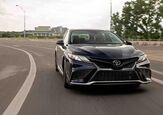







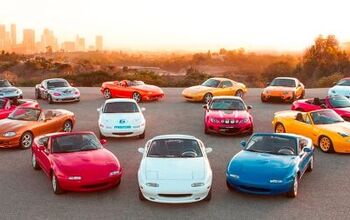





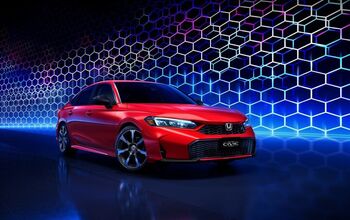
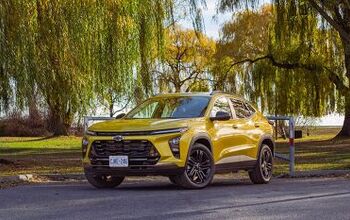



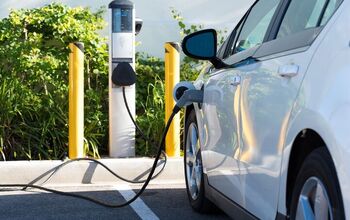
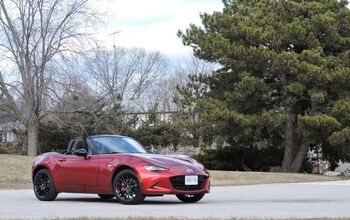


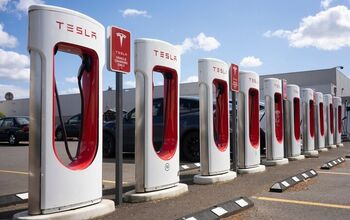
Comments
Join the conversation
Is this not a circular reference? Because the range of the leaf is limited, people will never take the car for trips where range anxieties will arise. If someone had asked me what the average miles per day driven in an electric car were before I had read this article I would have said aproximatly half of the real world range - in the case of the Nissan leaf appx 35 miles. It's hardly a coincidence that that figure is essentially identical to that stated at the top of this article!
"Limited RANGE is the number one issue for EV drivers." That is more of a symptom. The underlying problem is lack of infrastructure. If charging stations were available everywhere (literally), then range would not be a concern. An example to counter your range point: CNG (Compressed Natural Gas) vehicles have similar range & refueling as gassers. Yet there are virtually no CNG vehicles on the road, far less than EVs even. The main reason is lack of refueling infrastructure for CNGs. Don't get me wrong, the raw energy density in gasoline is a tremendous benefit, but it's easily mitigated by charging infrastructure.